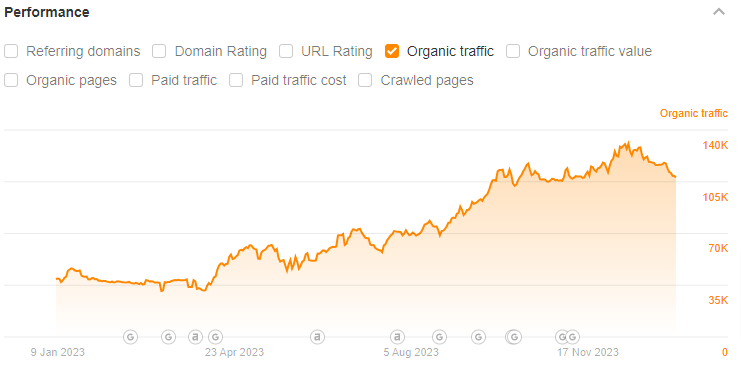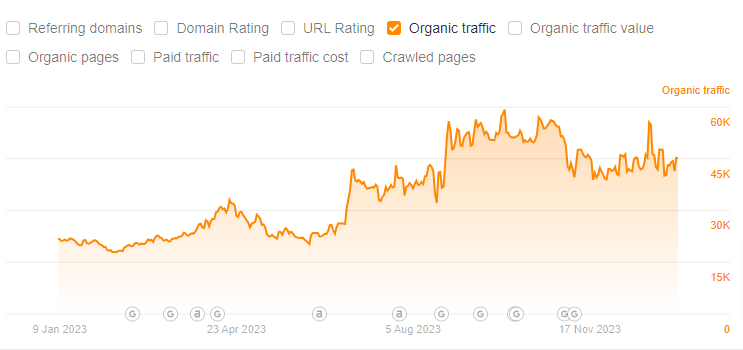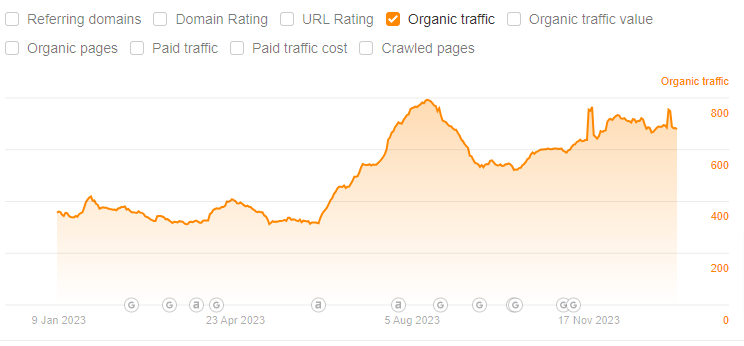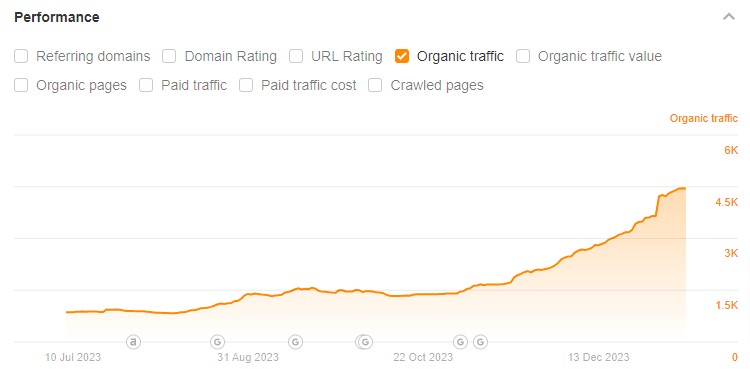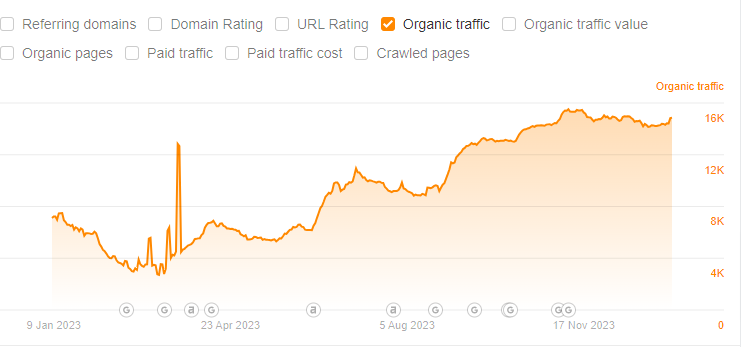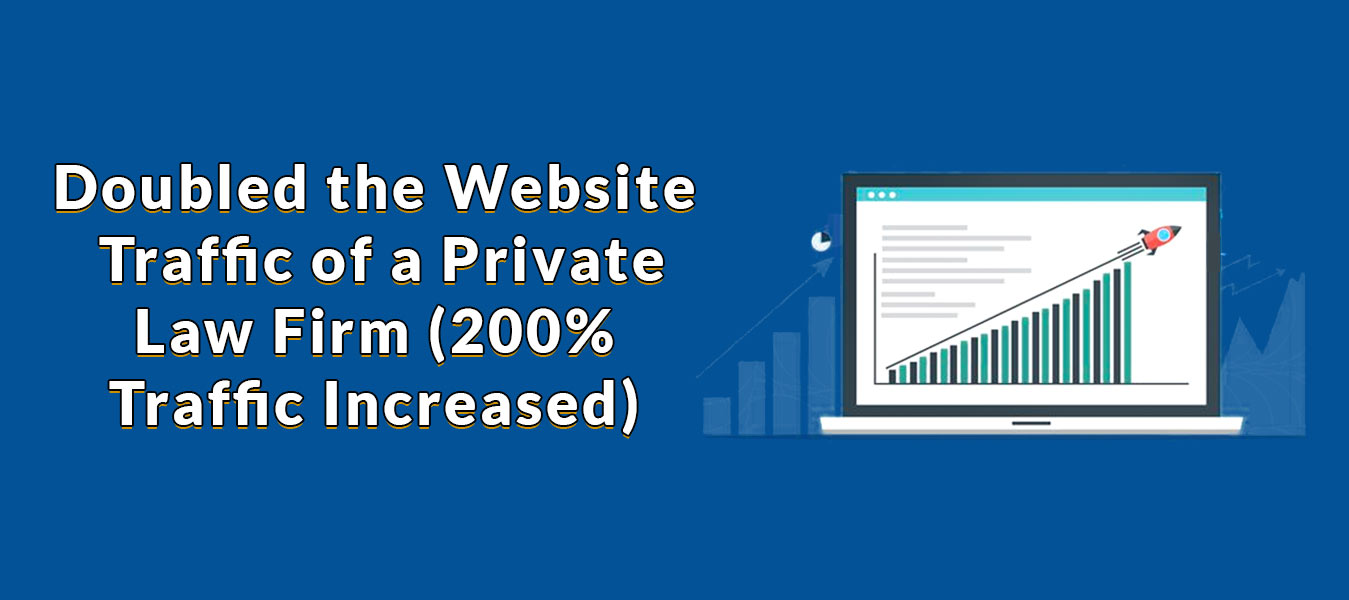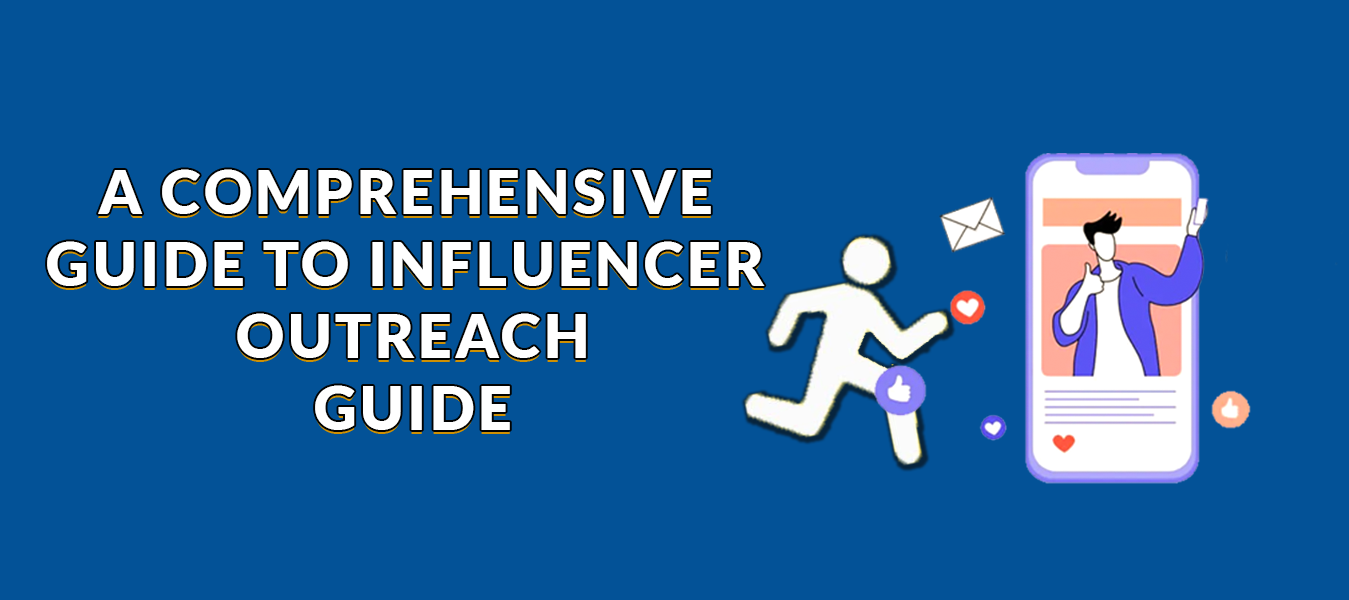Scholarship link building is a viable SEO strategy that can get you tons of backlinks – if done correctly. This link building strategy can get you high-quality backlinks faster; however, your business should offer something relevant and valuable to the students of local universities and colleges.
Scholarship link building isn’t dead – but you might want to use this link building strategy with other link building tactics to maintain a healthy backlink profile.
At its core, scholarship link building revolves around businesses having the opportunity of offering scholarships for their company to candidates that are in need of the scholarship.
It is also a way to not only offer people who could come and do something for your businesses in exchange for funding for their degree – or – you could offer the scholarship for just really getting a link from an academic institution.
1. What is Scholarship Link Building All About?
Scholarship link building is a link building strategy that acquires backlinks from .EDU sites, such as colleges and universities.
As a business, you can secure a link to an educational site by offering scholarships to the students of the educational institutes.
This aspect makes scholarship backlink building an incredible way of showing support for your local community and boosting one’s brand image.
Scholarship link building is good for your business’s SEO as Globex Outreach, one of the best SEO agencies, eagerly offers their .EDU link building services, as an important SEO strategy to take your business to the top of SERP.
The burning question is whether backlinks obtained from this type of link building are still quality links.
We know that Google is against poor quality backlinks, which is why many – those who are not familiar with the scholarship link building SEO tactic – think that it might be the end for scholarship link building.
2. Potential Pros & Cons of Scholarship Link Building
Let us quickly assess the potential pros and cons of scholarship link building. As with everything, we know there are some potential disadvantages to using scholarship link building.
Nonetheless, let us have a look at the advantages first:
Benefits of Scholarship Link Building
Boost Brand Image – By offering scholarships for needy and deserving students, your business will show its goodwill towards its local community, which builds your brand reputation as it is a good thing to do.
Boost Local SEO – It is amazing for your local SEO.
Cheap Link Building Strategy – Your .EDU links campaign could turn out to be more cost effective to build as compared to other backlinks sources.
Disadvantages of Scholarships Link Building
Not Magical – contrary to the myth of .EDU links to be magical – the truth is that they are still viewed as regular backlinks sources by Google and other search engines.
Time-Taking – It could take some time to go through all aspects that make a scholarship link building campaign successful.
NoFollow – Some of your .EDU links might have NoFollow attributes.
Source: seobuddy.com
3. Does Scholarship Link Building Still Work Today?
As mentioned before, many people believe that scholarship link building is as good as dead because this SEO tactic doesn’t work anymore – the truth, however, is the other way around.
“Scholarship link building is not dead – it still works and is perfectly applicable today.”
However, to run a successful scholarship link building campaign, you will need to integrate the right tricks, which we will get into after a while.
Reason behind this Misconception
The primary reason for this misconception that scholarship link building is dead is because countless businesses offered countless scholarships – and only a few of them followed through with their promises.
Here is what happened: when students applied for those scholarships and received nothing in return, many educational institutes stopped receiving scholarships from businesses out of fear that they would be scammed.
The good news is that there are still many educational institutes that are quite open to scholarships from businesses.
4. How Does Scholarship Link Building Affect Your SEO?
If you know about SEO, you already know that backlinks remain one of the top-raking indicators in Google’s search algorithm, and 99% of all Google top results carry external backlinks.
The position of your link on the page is crucial – the higher the link, the greater its value.
When it comes to in-content links, these tend to outrank directory-style links, and scholarship are mostly directory-style links, which “might” penalize your site as it can go against Google’s Webmaster Guidelines.
Although directory link building has been regarded as a heavily spammed SEO tactic, you can still get relevant links if you choose powerful domains. So, it comes down to the domain authority of the major college sites.
5. Buying Links vs Manual Link Building
It is assumed that buying backlinks is a big no for Google – but the thing is that Google isn’t against buying .EDU backlinks but against using unfair means to do that.
Now, when it comes to scholarship link building, you are offering value for the exchange of value, which doesn’t fall in the category of unfair means.
In fact, scholarship link building has the edge over manual link building: you can save time, boost brand awareness, and generate amazing opportunities.
Source: ahrefs
6. How do Educational Links Help You Rank on Google?
There are different ways that scholarship link building can help you rank higher on Google:
Tons of Backlinks
Once your scholarship campaign is executed successfully, you will receive loads of .EDU backlinks. And we know how it goes – the more links leading to your website, the higher you rank on Google.
Publish High-Quality Content
Depending on your chosen scholarship link building strategy, you can get high-quality content to publish on your business website. And you might already know that high-quality content always ranks high in SERPs.
For instance, you might ask potential scholarship candidates to submit niche-relevant essays/ articles as part of their application. This way, you will choose a deserving winner and get plenty of high-quality content to publish across different sites to boost your general SEO strategy.
Boost Local SEO
Ideally, you will target the colleges/ universities in the same locale as your business. This way, by being linked to your local educational institutions, you will be boosting your local SEO by boosting your search ranking for local search results.
Long-Lasting Backlinks
Typically, .EDU websites are decades old and have accumulated tons of backlinks, which has taken their domain authority to a high level.
So, scholarship links have a higher shelf life than other types of backlinks – but – you have to ensure that your scholarship link building campaign is well-placed for maximum RoI.
7. Scholarship Link Building – DoFollow or NoFollow?
At this point, you might be thinking about whether educational backlinks are DoFollow or NoFollow – and the answer is that these links can be both.
It all comes down to the educational institute – some universities/ colleges will assign the link the followable attribute, whereas others will place them as NoFollow links.
Either way, both links are helpful for your SEO, although NoFollow links might not be as valuable as DoFollow. Nonetheless, Google’s algorithm will likely consider all your links, as a healthy backlink profile contains both.
Source: neilpatel.com
8. Essential Tips for Successful Scholarship Link Building
Now that we have covered the basics of scholarship link building let us go through some essential tips for integrating a successful scholarship link building campaign.
Do Your Research
Start your campaign by doing some research into ongoing scholarship campaigns. Doing so will give you a better idea of what works and what doesn’t.
Source: link-assistant.com
You might want to start by looking up some scholarship listing pages .EDU websites. Subsequently, analyze your niche-relevant sites that are offering scholarships for backlinks.
An example of scholarship with the primary motivation for backlinks would be where students are asked to submit essays as part of their application.
The bottom line is that in-depth research of .EDU websites will help you craft your scholarship page as relevant and legitimate as possible to your target colleges/ universities.
Use a Backlink Checker
You might want to use a backlink checker to identify your prospects faster. By doing so, you will get a list of educational institutes that are potentially open to accepting scholarship listings.
The right backlink checker tool will give you a glimpse into the backlink profiles of potential scholarship pages.
Source: ahrefs.com
You might want to research different websites and then collect the names of colleges/ universities that are open to adding links to different scholarship pages.
Make a Contact List before Outreach
With a list of potential educational institutes by your side, you will want to save the list by making a spreadsheet.
Pro Tip: Don’t send out all your emails at once – you might want to take your time and see what works and what doesn’t by contacting the institutes in batches.
Source: searchenginejournal.com
Acquire Links from .EDU Website Bloggers
Educational institutes keep publishing new content to stay relevant, which is why bloggers are mostly responsible for maintaining the content in the blog section of the .EDU websites. You might want to assess the blog and resources pages on the .EDU websites and identify potential bloggers.
Find content that is relevant to your niche and add the blog to your work, and reach out to the blogger with an appreciative email. Subsequently, ask them to share your content with their readers and get a link in return.
Host a Local Seminar
Many colleges/ universities give their students exposure to the real world through seminars where students get to interact with industry leaders.
If you believe you have niche-related expertise, you might want to appear as a speaker at a seminar at a local educational institute. This way, you will reach out to students directly and secure a backlink from an .EDU webpage.
Offer Exclusive Discounts to Students
By giving exclusive student discounts, you will not only boost sales but can also secure backlinks from .EDU websites as these sites tend to keep their students updated about the places they can avail themselves of exclusive discounts.
Source: custom-writing.org
However, you must ensure that you have a product or service that students will find useful and hence be motivated to use.
9. Mistakes to Avoid with Scholarship Link Building
As with all SEO tactics, there are some things that you should avoid – and when it comes to a successful scholarship link building campaign, you might want to avoid the following mistakes:
Not Delivering the Big Promise – if you promise a scholarship to deserving students, make sure to deliver.
Not Knowing the Limits – don’t overdo with .EDU backlinks as Google will fag your website as being fundamentally about scholarships, which won’t be accurate.
Using Keywords – be mindful about how you term your scholarship. Keywords and anchor texts will come off as spam.
Offering Too Many Scholarships – if you overdo scholarship link building, your backlink profile will become less organic.
Conclusion
Universities and colleges are some of the most trustworthy and reputable institutions in the world, which is why Google has a favorable view of .EDU websites. Google rates .EDU sites as reliable and categorizes them as high authority.
With scholarship link building, you can link your business with educational websites that Google cites as reliable. Scholarship link building is not dead at all, but you will have to integrate tactics to keep a healthy backlink profile and rank higher in Google.












